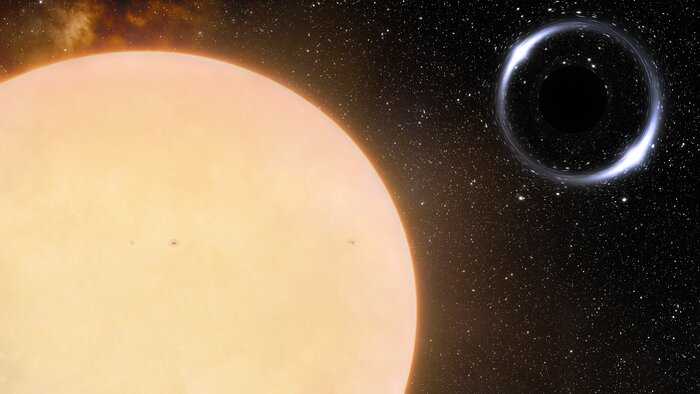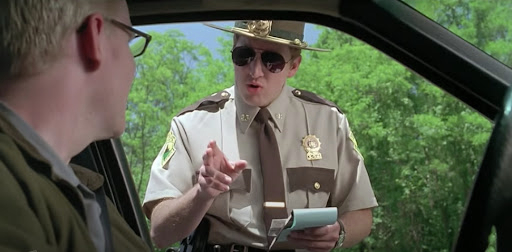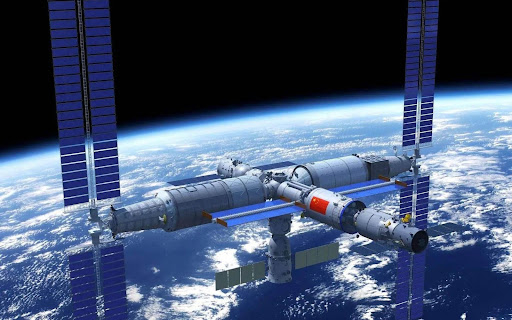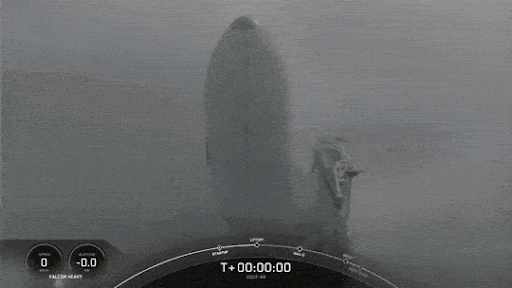Earth’s new neighbor, 1,600 light-years away

Image: International Gemini Observatory/NOIRLab/NSF/AURA
Astronomers have discovered the closest-known black hole to Earth, per a new peer-reviewed study published last week. Called Gaia BH1, it’s a comparatively small specimen – about 10x more massive than the Sun😳 – that’s around 1,600 light-years away.
🌌 Background: A black hole is a place in space where gravity is so intense that even light, the fastest known entity in our universe, can’t escape. Scientists believe virtually all large galaxies, including the Milky Way, have a supermassive black hole – millions, or even billions, times more massive than the Sun😳😳 – at their centers.
Then, there are stellar-mass black holes.
- These weigh 5x–100x the mass of the Sun, and are much more common than supermassive black holes.
- Astronomers estimate the Milky Way alone contains 100 million stellar-mass black holes, though only ~20 have been confirmed to date.
🔭 Back to Gaia BH1… The newly-discovered stellar-mass black hole is about 3x as close to Earth as the previous record holder. And unlike all other known black holes, which pull in matter from nearby stars that orbit them, Gaia BH1 and its companion star are quietly orbiting in space at about the same distance from each other as the Earth and Sun – like a lion and its prey, quietly stuck in the pre-chase stage.
+Dive deeper: Learn more about black holes here.
Share this!
Recent Science & Emerging Tech stories

Science & Emerging Tech
| November 4, 2022Solve this crime right meow
🧬🐈 Traces of human DNA picked up by household pets could prove useful to detectives investigating a crime scene, per a first-of-its-kind peer-reviewed study – or in other words: curious cats can catch killers.

Science & Emerging Tech
| November 3, 2022Space lines are being drawn
🇨🇳🛰️ China successfully docked the third and final module to the Tiangong space station this week, officially completing the construction of its first such structure in history.

Science & Emerging Tech
| November 2, 2022Three Falcons are better than one
🚀 SpaceX's Falcon Heavy, the most powerful operational rocket in the world, blasted-off into space yesterday for the first time in over three years.
You've made it this far...
Let's make our relationship official, no 💍 or elaborate proposal required. Learn and stay entertained, for free.👇
All of our news is 100% free and you can unsubscribe anytime; the quiz takes ~10 seconds to complete